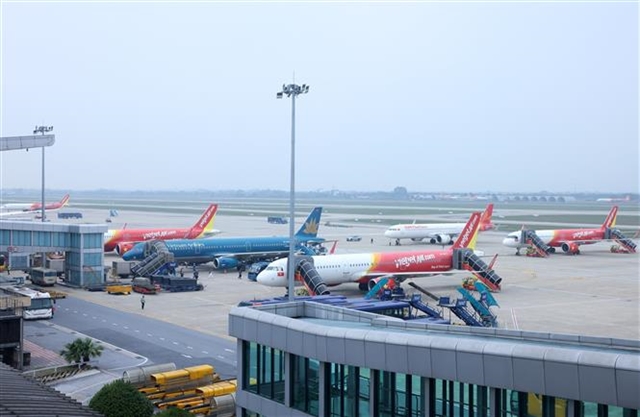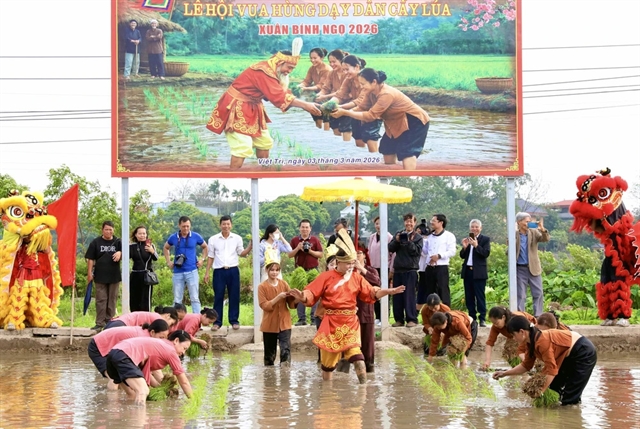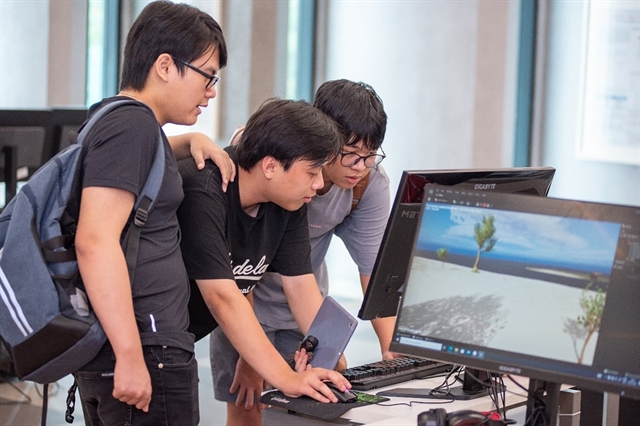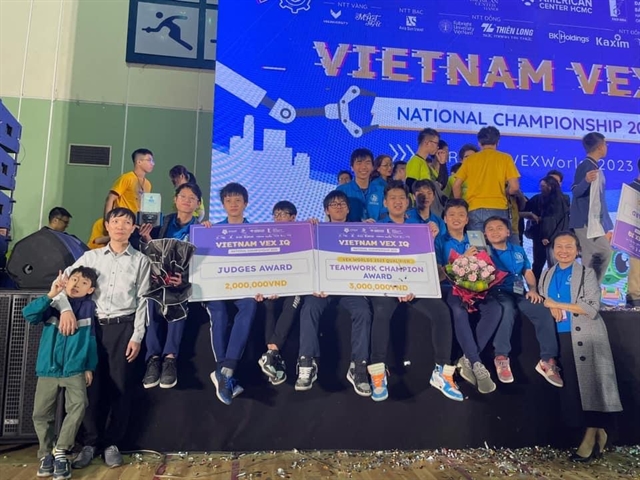 Opinion
Opinion

Nguyễn Sĩ Dũng, former Vice Chairman of the National Assembly Officice, spoke with Pháp luật Thành phố HCM City (HCM City’s Law) newspaper on the preparation for the election of deputies to the 15th National Assembly and People’s Councils at all levels for the 2021-2026 tenure.
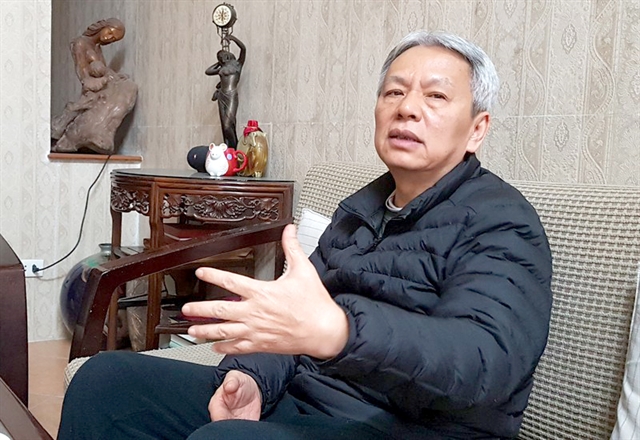
|
| Nguyễn Sĩ Dũng, former Vice Chairman of the National Assembly Office. Photo plo.vn |
Nguyễn Sĩ Dũng, former Vice Chairman of the National Assembly Office, spoke with Pháp luật Thành phố HCM City (HCM City’s Law) newspaper on the preparations for the election of deputies to the 15th National Assembly and People’s Councils at all levels for the 2021-2026 tenure.
Personnel work dominated discussions at the 13th National Congress of the Communist Party of Viet Nam and the election of a number of positions in the State apparatus for the 2016-2021 term will be the focus of the upcoming National Assembly session. What’s your opinion on the issue?
It’s time to see how the political system works.
The 13th National Party Congress which took place in late January drew the participation of 1,587 delegates representing over 5.1 million Party members nationwide.
The Congress elected the 13th-tenure Party Central Committee with 180 official and 20 alternative members as well as a Politburo and the Secretariat which comprises 23 members.
There is a balance of power between the central and local government.
Despite the fact that the Party Central Committee, the Politburo and the Secretariat have the authority to rotate, evaluate and discipline senior officials when they are elected, whether the officials win the vote or not depends a lot on voting at the local level. The central government has the right to introduce personnel but whether they are accepted or not is in the hands of the locality.
This is the principle of the rule-based state. The election of personnel is implemented through a process from planning, introduction at the 12th Party Central Committee and then election for the 13th National Party Congress. Members of the Party Central Committee, the Politburo and the Secretariat are expected to hold positions in important units and organisations of the political system.
After the Congress ended, the Politburo assigned roles to its members. However, for some state leaders positions, it is necessary to comply with legal procedures, especially those needed to be elected and approved by the NA.
The upcoming session of the NA will elect and approve a number of top leaders including President, Prime Minister, National Assembly Chair and others. Do you think the election is carried out in the same way as it was after the 12th National Party Congress?
In the past, the tenure of top leaders was associated with the NA’s tenure. The election of NA deputies took place a year and a half after the National Party Congress ended. Only then top leaders were chosen.
This affected the effectiveness of the State apparatus’ operation as well as the implementation of the Party Congress’ resolution because some officials were still holding positions in the state apparatus but weren’t members of the Party Central Committee, the Politburo and the Secretariat – the organs that take decisions on the country’s major issues.
To deal with the situation, the 13th National Assembly elected top leaders after the conclusion of the 12th National Party Congress. And the 14th NA has followed suit.
The National Assembly has spent a lot of time on personnel work for the next session, it can take up to eight days. Do you have any suggestions to make it more effective?
It is necessary to confirm that the legal process in the National Assembly to consolidate personnel in the state apparatus is very important. This process ensures the legitimacy of the ruling party. The party is in power but does not replace the Government, but must govern by the State apparatus, particularly top leaders.
In my opinion, the procedure should be improved to make it more effective. In other countries, the National Assembly will approve personnel after they have been agreed upon by the ruling party or the ruling coalition.
In accordance with the current regulations, the upcoming NA session will elect a number of positions in the State apparatus. Then, these positions will be re-elected at the first meeting of the 15th NA (after the election of NA deputies). What’s your opinion on this issue?
It is regulated that terms of the President, the Government, the Chief Justice of the Supreme People's Court, and Chief of Supreme People’s Procuracy are in line with the term of the National Assembly.
The term of the NA or an NA deputy is compulsory as they are chosen through an election. After each term, voters evaluate and vote again.
However, it should be flexible.
For example, as a number of positions in the State apparatus have been elected at the 11th session of the 14th National Assembly, after the general election in May this year, the NA should only conduct a simple procedure to approve the positions which need to be supervised by the NA. VNS

